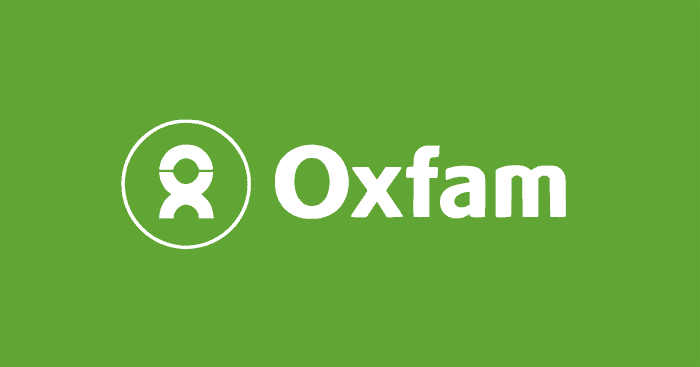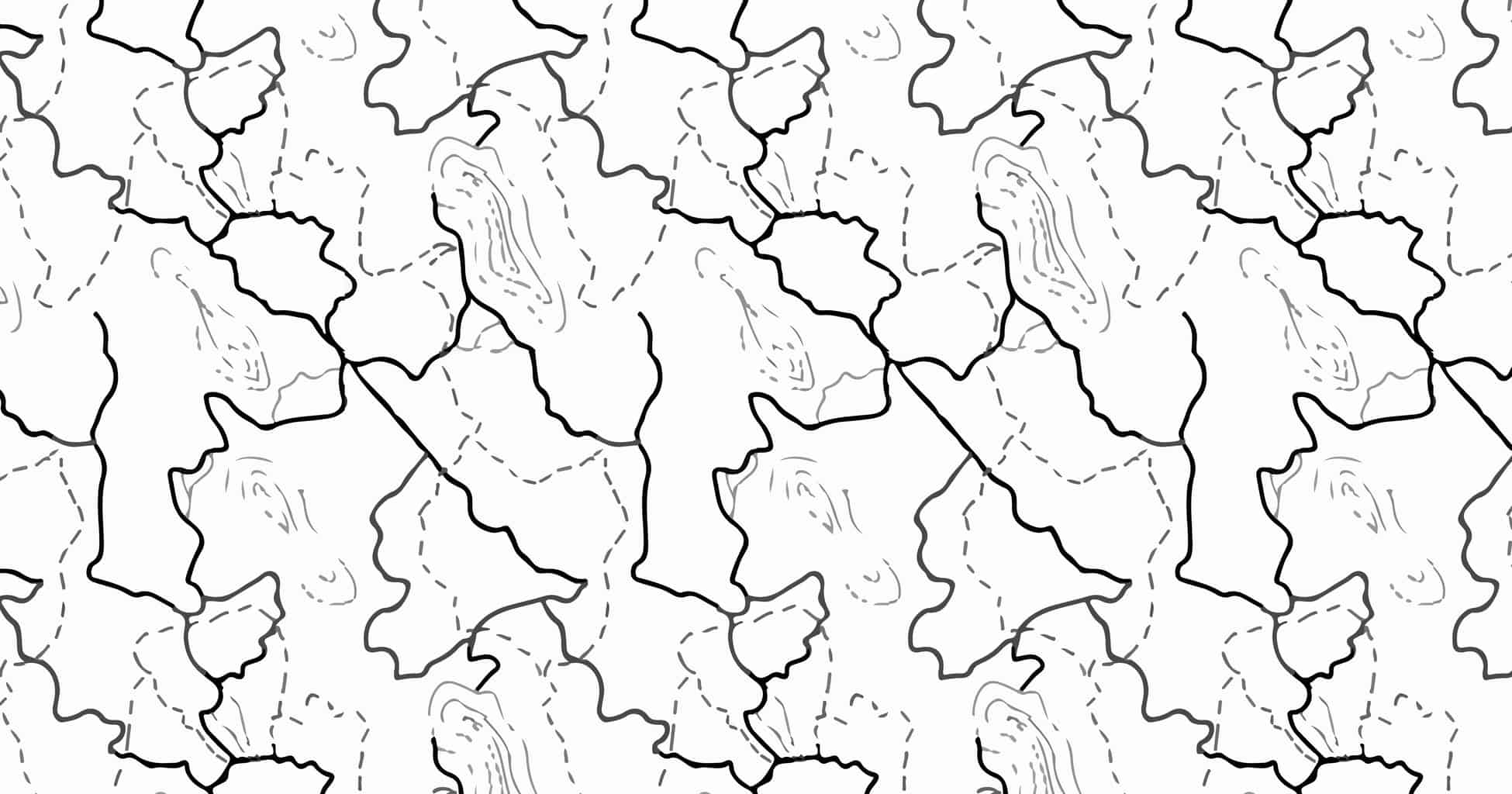Israel & Palestine
Israel & Palestine
Women in Israel and Palestine have consistently been leaders in the process to bring peace to the Middle East, including by demonstrating against the occupation on International Women’s Day in March 2015. Damaged infrastructure, reduced services, food insecurity and displacement caused by the occupation and subsequent conflicts have had a particular impact on women, notably in the marginalized Palestinian territories.
Neither Israel nor Palestine has a National Action Plan on Women, Peace and Security as per Resolution 1325, and although both are parties to the Convention on the Elimination of All Forms of Discrimination against Women (CEDAW), significant obstacles remain to gender equality— including outdated personal status laws that are still enforced in both areas. Despite the frequency with which the Security Council discusses the situation in the Middle East, the gendered aspects of violence against civilians and its effects on women and girls has never been debated within the Council.
Based on the work of NGOWG members and their partners, the NGOWG advocates for remedying this discrepancy by calling for the effective and meaningful inclusion of women in all actions taken by the United Nations Truce Supervision Organization (UNTSO). The Council should further ensure a focus on women’s rights and gender issues in all aspects of current and ongoing peace and security processes in Israel and Palestine.
Current and Past Recommendations to the UN Security Council (Monthly Action Points)
The more than 2 million people living in Gaza must be protected in the face of escalating violence which places the entire population, already living in the midst of a dire humanitarian situation due to the ongoing occupation and pre-existing air, land, and sea blockade at risk. Women, including young women, who already experience gender discrimination due to existing laws placing women under guardianship of men, are less likely to have access to financial resources or employment, which can have wide-ranging impacts on households, particularly women-headed households, including food insecurity. Women-headed households are also more likely to include one or more persons with disabilities; people with disabilities are facing a dire situation in which mobility is reduced, and necessary medical devices and medicines cannot be accessed or stored due to lack of electricity. During past escalations, displaced women and women-headed households were less likely to utilize shelters due to associated risks, including gender-based violence, choosing to sleep on the street if forced to, or even stay in or near damaged homes, compounding their insecurity. Freezing of development funding for Palestinian civil society organizations by many international donors is a considerable barrier to the delivery of basic services for women and girls; local women-led organizations, which are already underfunded, are particularly affected and at risk of having to cease operating due to the inability to pay their staff and utilities. An estimated 19,000 pregnant women, nearly half the total number of pregnant women in all of Gaza, are part of the 1.1 million residents subject to the evacuation order. The destruction of health facilities and lack of access to less than half the daily amount of water required to keep pregnant and lactating women healthy, will continue to result in unacceptable medical complications. Further, the violence has not been limited to Gaza; in the West Bank, violence carried out by the Israeli army and settlers has increased, with 55 Palestinians killed over the past ten days, compared to 172 killed during the first eight months of 2023. The Security Council must:
- Demand an immediate cessation of hostilities and further demand all parties immediately stop all attacks on civilians and infrastructure and uphold international human rights and humanitarian law, and all relevant Security Council resolutions, including on women, peace and security, to end violations of human rights of all civilians, including women, girls and marginalized groups.
- Demand the immediate reversal of the evacuation order, which amounts to forcible population transfer, issued by Israel in violation of international humanitarian law.
- Demand the lifting of pre-existing blockades and restrictions imposed on 9 October 2023; these restrictions amount to collective punishment of a civilian population, a war crime, and is a violation of international law.
- Ensure safe, unhindered humanitarian access for the provision of essential and life-saving relief assistance, including food, water, fuel, medical supplies and care, and access of humanitarian personnel into Gaza.
- Demand that the rights of diverse Palestinian women and other marginalized groups, including human rights defenders, peace activists, and journalists, are protected and upheld in line with international humanitarian and human rights law, and that Palestinian women are able to fully contribute and participate in any de-escalation, ceasefire or other efforts to negotiate peace.
Relevant Resources










